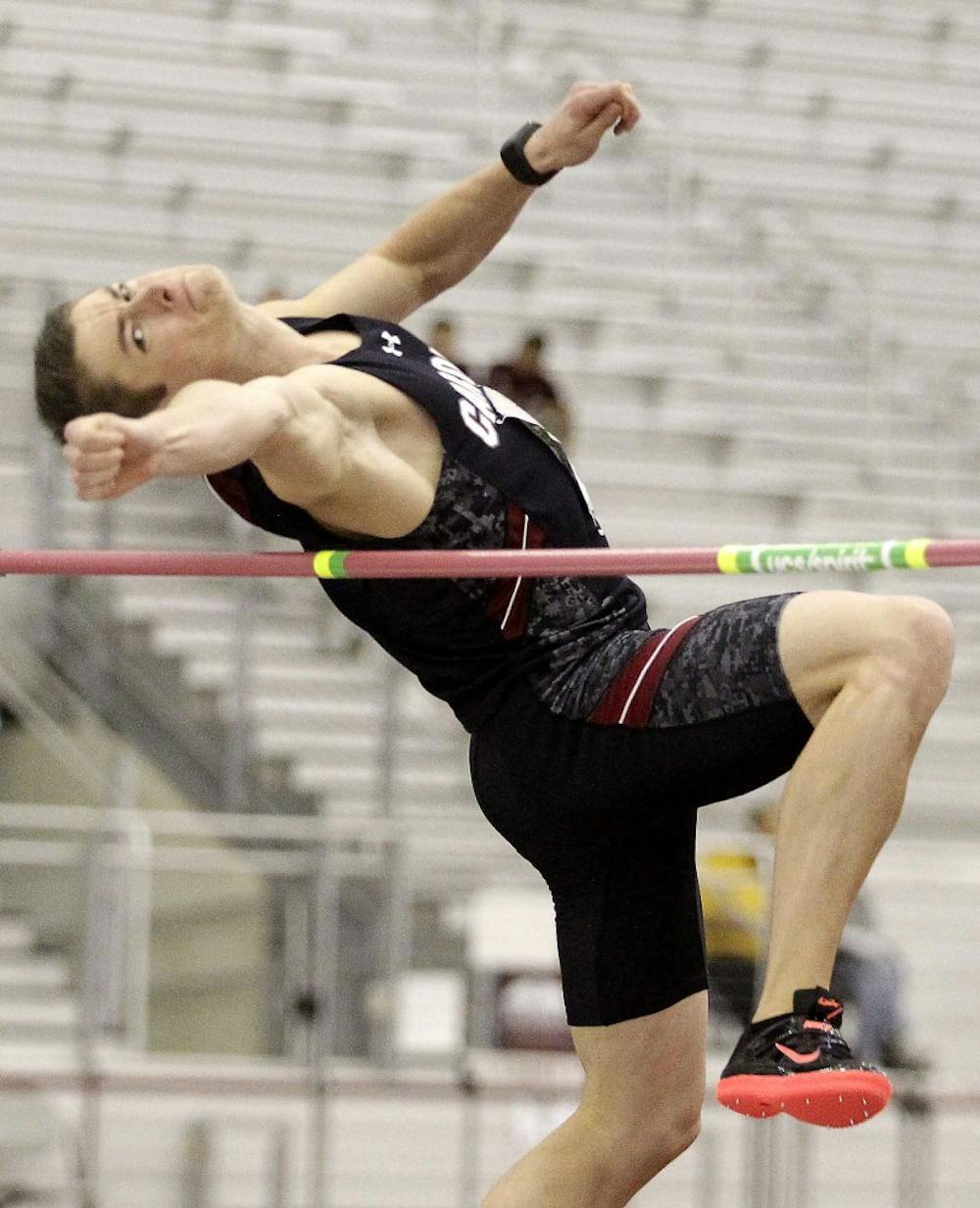Kanervo, Asselin receive opportunity to continue education, track career in America
Collegiate track in the U.S. gives host to a number of international students looking for alternative culture and a higher level of competition. USC is no different, boasting a long history of successful athletes born and raised on foreign soil.
Jussi Kanervo of Finland and Alexandre Asselin of France, both freshmen, are the latest to make the transition to the United States as Gamecocks.
Aside from the differences in language and culture, the relationship between athletics and a college education in the United States is much different from the European countries they’re from.
“In Europe it is not possible to get a degree and participate in sports,” Kanervo said. “People who do track do not go to school.”
This unique combination of education and athletics provided in American higher education can be intimidating to athletes raised in a different culture. That is a primary conversation coaches have when they recruit international athletes, and head coach Curtis Frye knew the importance of making them feel comfortable with the university.
Asselin said his high school coaches discouraged him from coming to America, telling him that he would not progress, that “college [in the United States] destroys athletes” and that he would be no different.
“We had to sell them on the fact that they could do both education and athletics,” Frye said. “The American system is very unique, but they have handled it quite well. They are both very bright students.”
Both Kanervo and Asselin knew the challenges they would face adopting a life in a new country. Asselin acknowledged that the level of independence was far greater in the United States than in France, where the majority of his work was done in the classroom.
Kanervo feels he has overcome many of the educational challenges quickly; however, he has been slower to adjust to some other aspects.
“Sometimes you get really frustrated using the dictionary all the time,” he said.
Both recognized that the support they have received from the South Carolina community has made their transition much smoother. Anxious of being looked down upon as an international student, Kanervo said that his immediate acceptance in the community was a pleasant surprise.
Both have adjusted well to the American classroom and social environment, Frye said, adding that Kanervo and Asselin were left with only track to overcome successfully.
Kanervo and Asselin knew that they were stepping into a higher level of competition, but both admitted that they were surprised by the difference in talent between between Europe and the United States.
“The level of competition in the SEC is the same as the [national competition] in France,” Asselin said. “When you are one of the best in America, you are one of the best in the world.”
Not backing down from the challenge, both athletes acknowledged that they enjoy the competition and have been made better by it.
“It’s what makes America great,” Asselin said. “The competition.”
Kanervo and Asselin both wish to continue learning English and eventually earn their degrees. Asselin said he loves South Carolina and knows he is in the right place, but he was unwilling to commit to life in American beyond college.
Kanervo, on the other hand, feels he has found a home and is looking forward to life in America post-graduation.
“I always had a dream to come to America,” Kanervo said. “And this is the best opportunity for me to fulfill that dream.”

